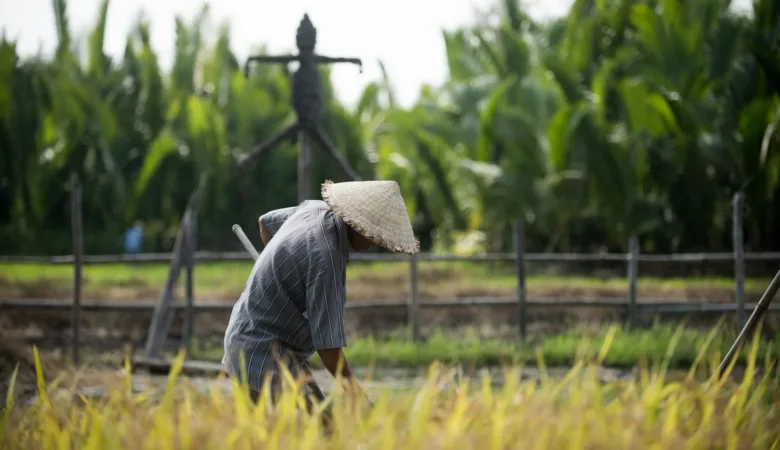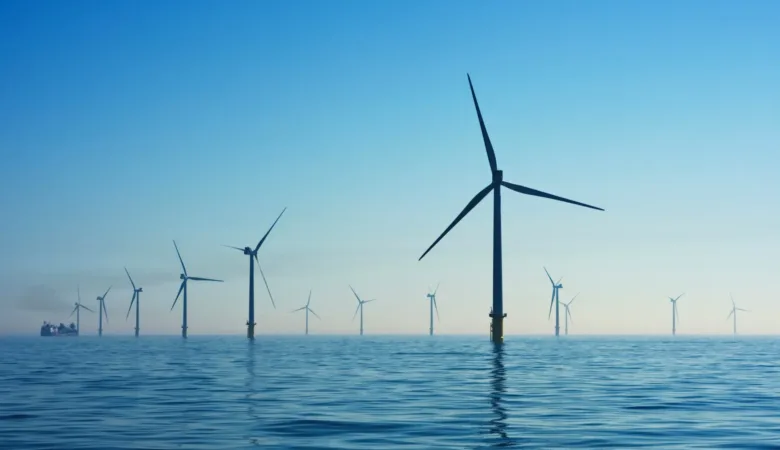Climate change is a global issue that has far-reaching consequences for our planet, including significant economic impacts. As the Earth’s temperature continues to rise due to human activities, such as the burning of fossil fuels and deforestation, we are witnessing a range of economic consequences that are affecting industries, businesses, and individuals worldwide.
1. Increased Costs
One of the most immediate economic consequences of climate change is the increased costs associated with adapting to and mitigating its effects. Governments, businesses, and individuals are spending billions of dollars each year to build infrastructure that can withstand extreme weather events, such as floods and hurricanes. Additionally, the rising costs of insurance premiums for properties in high-risk areas are putting a strain on homeowners and businesses.
2. Decline in Agricultural Productivity
Climate change has a direct impact on agricultural productivity, leading to lower crop yields and reduced food production. Rising temperatures, changing rainfall patterns, and more frequent droughts are affecting the ability of farmers to grow crops and raise livestock. This not only threatens food security but also leads to higher food prices, making it more difficult for vulnerable populations to access nutritious food.
3. Disruption of Supply Chains
Extreme weather events, such as hurricanes and floods, can disrupt global supply chains, leading to delays in the delivery of goods and services. This can have a ripple effect on businesses and industries worldwide, causing production slowdowns, inventory shortages, and increased costs. Small businesses, in particular, may struggle to recover from these disruptions, leading to job losses and economic instability.
4. Impact on Tourism
The tourism industry is highly vulnerable to the impacts of climate change. Rising sea levels, increased temperatures, and changing weather patterns can affect popular tourist destinations, such as beach resorts and national parks. Extreme weather events can also disrupt travel plans and discourage tourists from visiting certain areas. The decline in tourism can have a significant economic impact on local communities that rely on tourism revenue for their livelihoods.
5. Health Costs
Climate change is also associated with increased health costs. Extreme heatwaves can lead to heat-related illnesses and deaths, putting a burden on healthcare systems. The spread of diseases, such as malaria and dengue fever, is also influenced by climate change, affecting both human health and healthcare costs. These additional healthcare expenses can strain public budgets and lead to higher healthcare costs for individuals.
6. Loss of Biodiversity
Climate change is causing the loss of biodiversity, with devastating consequences for ecosystems and economies. The decline in biodiversity can disrupt ecosystem services, such as pollination and water purification, which are essential for agriculture and other industries. Additionally, the loss of biodiversity can impact tourism, as many travelers are attracted to destinations known for their unique and diverse wildlife.
7. Financial Market Instability
Climate change poses risks to financial markets and investors. The physical impacts of climate change, such as extreme weather events and rising sea levels, can damage infrastructure and property, leading to financial losses. Additionally, the transition to a low-carbon economy can create financial risks for industries that are heavily reliant on fossil fuels. Investors are increasingly considering climate-related risks when making investment decisions, which can lead to market volatility and instability.
In conclusion, climate change has significant economic consequences that are affecting industries, businesses, and individuals worldwide. From increased costs and declining agricultural productivity to disruptions in supply chains and impacts on tourism, the economic impacts of climate change are far-reaching. It is crucial for governments, businesses, and individuals to take action to mitigate and adapt to the effects of climate change in order to minimize these economic consequences and build a more sustainable future.














Leave a Reply